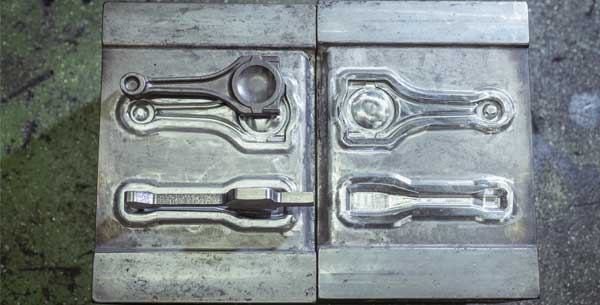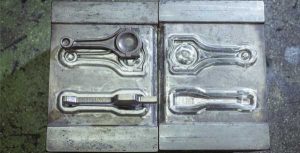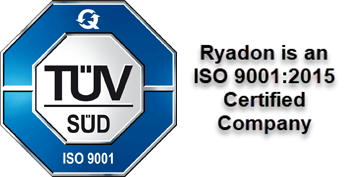
 Casting is a typical manufacturing method that entails pouring liquid material into a mold cavity, often warmed material. The liquid substance solidifies as it cools to form a new object in the mold’s shape. Castings are manufactured and then either packed and sold as finished goods or used for further manufacturing operations after being removed from the mold. However, resin casting is a special type of casting that is distinguished by the use of synthetic resin. Continue reading to find out more about resin casting and how it functions.
Casting is a typical manufacturing method that entails pouring liquid material into a mold cavity, often warmed material. The liquid substance solidifies as it cools to form a new object in the mold’s shape. Castings are manufactured and then either packed and sold as finished goods or used for further manufacturing operations after being removed from the mold. However, resin casting is a special type of casting that is distinguished by the use of synthetic resin. Continue reading to find out more about resin casting and how it functions.
Fundamentals of Resin Casting
Resin casting, as its name suggests, is a casting technique that uses synthetic resin. You must first examine the synthetic resin utilized in this casting technique in order to comprehend how it functions. Any sort of resin that undergoes curing to form stiff and durable polymers is referred to as synthetic resin. In other words, if it starts out as a liquid but after curing it turns into a solid, then it’s a synthetic resin. Liquid synthetic resin and a curing agent are combined during resin casting, usually at or near room temperature. The two materials are then put into a mold cavity. The resin is then effectively made into rigid polymers by the curing agent. The hardened casting is expelled from the mold chamber once this chemical reaction is complete.
Pros of Resin Casting
A few simple tools and ingredients are all that are required to complete the straightforward process of resin casting. Resin casting is utilized by a lot of artists and hobbyists to create things like jewelry, table tops and displays. It is a common option among individuals and hobbyists for leisure activities because it is an easy and affordable technique to make little products. Resin casting may also create items with intricate forms. The mold cavity’s form determines how the casting will look. A manufacturing corporation, or a hobbyist, can produce a casting in the correct shape by employing the proper kind of mold cavity.
Cons of Resin Casting
Resin casting can be a bad option for manufacturing businesses aiming to mass-produce a huge number of items or products. To begin with, when a curing agent is present, the synthetic resin employed in this casting method becomes quite aggressive. As a result, molds normally only have a lifespan of 50 to 100 uses before needing to be thrown away and replaced with a new mold. Additionally, the use of synthetic resin raises health issues. Synthetic resins may release poisonous and hazardous vapors as they are cured. This requires the operators to wear a respirator.

